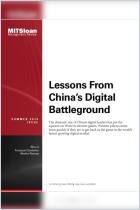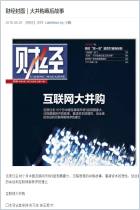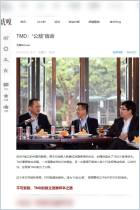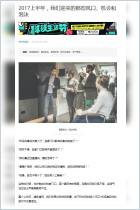
Overview of China's 2016 Unicorns Club
71 companies, $351.6 billion dollars valuation combined, 52% turnover rate, BAT holds a stake in 65% of companies
Read or listen offline
Amazon KindleRecommendation
“Unicorn” companies are privately held businesses with a market value above $1 billion. ITJuzi, the online database of China’s startups, provides an overview and thorough analysis of China’s unicorn companies in 2016. Apart from putting together a start-up lexicon with informative statistics, ITJuzi identifies areas of concern, such as the entanglement of the most successful unicorns with the three Chinese Internet giants. Also, ITJuzi questions the valuations of some of the companies: As many of these unicorns have yet to turn a profit and lack a convincing business model, time will tell whether they are more than make-believe. getAbstract recommends this article to investors, entrepreneurs and business managers.
Summary
About the Author
ITJuzi is an online database of China’s start-ups and related business information. It published the industry report on ITJuzi’s WeChat account.






















Comment on this summary or Démarrer une discussion